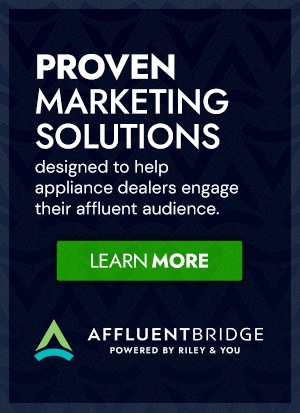When studying the differences between mass retail marketing and premium and luxury marketing, purchase patterns show that each market has different expectations. There’s a major mindset difference in the purchasing audience, and it can be summed up in one simple comparison: Features-Focused vs. Experience-Focused.
Who falls into the Features-Focused category? The perfect example is the homeowner purchasing a new appliance to replace one that has broken or is old and not running properly. They are shopping for a product that ticks the boxes with the features they want and meets their budget. By comparison, the Experience-Focused customer is driven by how the product will elevate their lifestyle, and by their desire to keep their appliances (and their home) up-to-date and in style. It’s no surprise that often people making Experience-Focused purchase decisions have more disposable income, and are drawn to luxury products.
Consumers age 18 to 35 contributed 85% to the luxury market growth last year and will represent 45% of all high-end spending by 2025…
What might be surprising, though is that we’re also seeing a rise in luxury product purchases by Millennials. “They have significantly different ideas about luxury than prior generations, and brands must be increasingly reliant on values-based marketing both in the U.S. and abroad, in order to target and reach these consumers” reported Christina Yang, a research associate at Garner L2. Thus, luxury and premium marketing must not overlook Millennials as a key purchasing market. Looking ahead, “Consumers age 18 to 35 contributed 85% to the luxury market growth last year and will represent 45% of all high-end spending by 2025,” according to an analysis by UBS Group AG cited in a Bloomberg report.
Marketing luxury products and marketing to a Millennial demographic require a refined strategy. Portraying trust and professionalism are key, alongside attentive customer service. Even CEOs and business owners should be concerned about meeting customers needs, and as Business News Daily put it, “empowering [their] employees to create stellar experiences for [their] customers – if [they] give [their] employees the same level of respect that [they] do [their] customers, they feel valued and motivated to pass on a positive experience.” No request is too small, and this makes the luxury purchaser feel important.
Another key component of Luxury Marketing is Omnichannel Marketing. It creates a more personalized, seamless experience for customers by engaging on multiple levels and maximizing channels. Wealth Engine says it this way: “Omnichannel luxury marketing is a move towards more personalized communication with your consumers. This includes determining the best channels of communication to reach them … Companies with extremely strong omnichannel customer engagement see a 9.5% year-over-year increase in annual revenue and a 7.5% year-over-year decrease in cost per contact.”
With a focus on marketing for luxury and premium brands, we not only stay on top of brand trends, but we also keep up with purchase habits, demographics, and how the market is trending. If you’re ready to focus on your premium and luxury market strategy, contact us at Riley & You.


